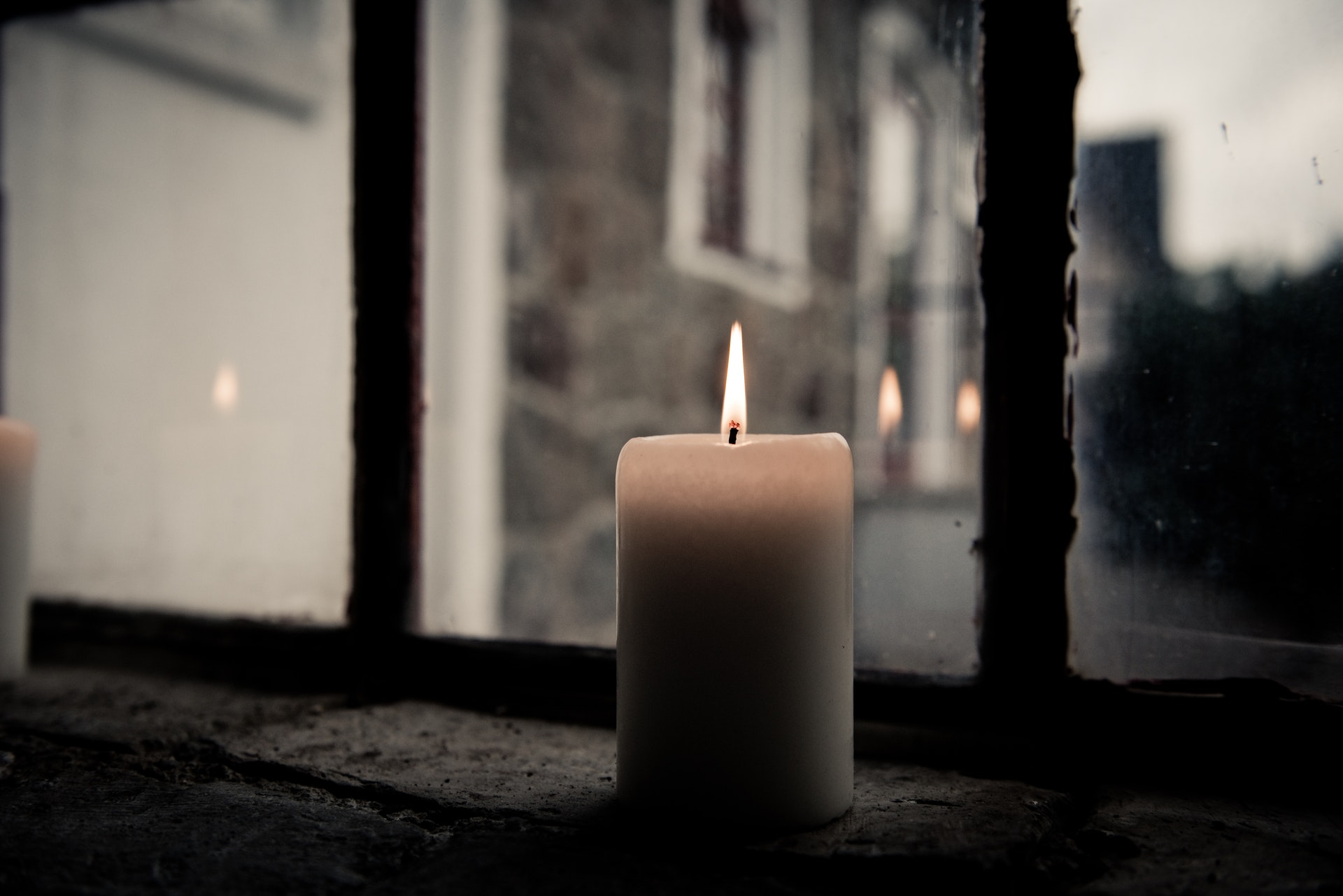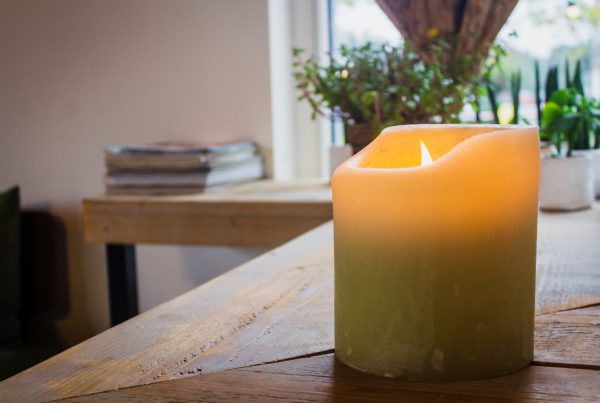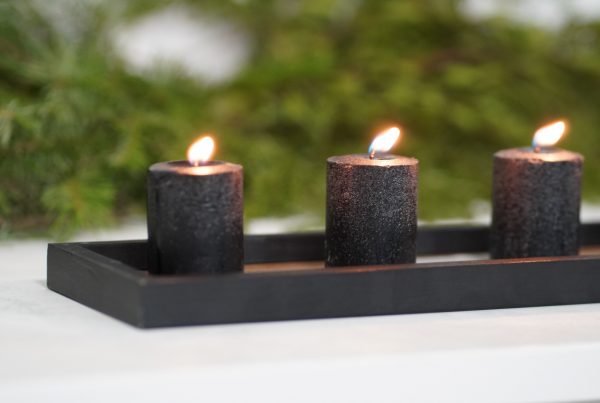Intro to Biblical Lament
How we feel about our circumstances and trials doesn’t determine whether or not God is good or worthy of our worship. A terrible diagnosis, a loss of a child, divorce papers, financial failure, depression and hopelessness, and years like 2020 that don’t seem to ever get any sense of life beyond Covid-19. What is our response when we don’t feel like praising God?
The book of Psalms is full of emotion and feelings. About 65 of them are described as laments (cries, expressions of grief). King David writes in the middle of pain and fear for his life ‘I will sacrifice a freewill offering to you; I will praise your name, Lord, for it is good’ (Psalm 54:6).
There are other examples in Scripture too – Jonah cries out in misery from the belly of the whale ‘But I, with shouts of grateful praise, will sacrifice to you’ (Jonah 2:9).
What is astounding about David is that he doesn’t ignore his feelings or bury them in the ground; he acknowledges them without becoming slave to them. David’s problems were terrifying and real but he chooses to express his pain, sorrow and struggles to God rather than letting them dictate his life. Many of the Psalms he wrote ended by focusing on the truth of who God is instead of how he is feeling.
Our feelings change but God’s character remains the same. There’s something incredibly great in declaring, shouting and singing that God is good and worthy of praise even when our circumstances and feelings are challenging the nature of God’s goodness and love. Worshipping through trials and challenges is very powerful.
- It encourages your soul. When we worship we are calling to mind the promises of God and his unchanging nature. We are choosing to focus our heart, mind and soul on Him above our pain. 1 Samuel 30 describes how David fears for his life, but after hearing a group of people plotting to stone him he responds by ‘encouraging himself in the Lord’ (v6). Speaking out who God is, his nature, his faithfulness will give us the boldness to persevere under trial.
- It’s prophetic. Worship reminds us of the hope we have in Jesus and can help us express our trust in God. The psalmist writes ‘I remain confident of this: I will see the goodness of the Lord in the land of the living’ (Psalm 27:13). We can declare over our lives and the lives of others that we will know the goodness of God, because that’s who He says He is.
- The enemy flees. The enemy hates our worship of God. From the beginning Satan has been trying to get humanity to doubt God and place their worship and trust somewhere else, but we can refuse to allow fear and pain to steal away our worship of God. Every thought about God that is against who he’s revealed himself to be is a lie. We can take every doubt, fear and lie ‘captive and make it obedient to Christ’ (2 Cor 10:5). We can submit our feelings and thoughts to who we know God really is.
Group Questions:
- What does this look like when the darkness over your life is overwhelming?
- When your hope seems all but gone, what does your worship look like?
- When you lose a son or daughter, what does your worship look like?
- When you receive a terrible diagnosis, what does your worship look like?
- When you finalize the divorce papers, what does your worship look like?
- When you experience a business failure, what does your worship look like?
The Practice: Lament as Worship
Before you begin this practice:
- Put away your phones or any other distractions, and get into a comfortable, but alert position.
- Invite the Holy Spirit to come.
- Draw to mind an unanswered prayer in your life.
- Watch this 15-minute video.
How to Write Your Own Psalm of Lament as Worship
Worship as lament may seem a bit wrong or “not worshipful” at first. But, being open and honest with God is the sign of a good relationship and allows for us to formulate a prayer or dialogue to help come out of pain. Lament is very common in the Bible. When we hurt physically, we cry out in pain; when we hurt spiritually, we cry out in lament.
A Psalm of Lament is an address to God: a complaint, a request, and usually an expression of trust. Types of complaints include: concerns with the psalmists own thoughts and actions, concerns with the actions of an enemy or prevailing attitude, and concerns with God’s action or inaction. They are cries of despair, anger, protest, and doubt. They are the largest class of psalms and were a normal part of Israel’s praise and worship. There are communal songs of lament and individual songs of lament.
They follow this general structure:
- Address and introductory cry: Identify the Lord as the person to whom the Psalm is addressed.
- Complaint or Lament : Articulate the problem and ask the Lord for help.
- Confession of Trust: Verbalize your trust in the Lord.
- Prayer for Deliverance: Request deliverance, or God’s intervention in the problem.
- Praise and Worship: Offer praise and thanksgiving to God for God’s many blessings.
Example: Psalm 4
Address and introductory cry
1 Answer me when I call to you, my righteous God. Give me relief from my distress; have mercy on me and hear my prayer.
Complaint or Lament
2 How long will you people turn my glory into shame? How long will you love delusions and seek false gods?
Confession of Trust
3 Know that the Lord has set apart his faithful servant for himself; the Lord hears when I call to him.
Prayer for Deliverance
4 Tremble and do not sin; when you are on your beds, search your hearts and be silent.
5 Offer the sacrifices of the righteous and trust in the Lord.
6 Many, Lord, are asking, “Who will bring us prosperity?” Let the light of your face shine on us.
7 Fill my heart with joy when their grain and new wine abound.
Praise
8 In peace I will lie down and sleep, for you alone, Lord, make me dwell in safety.
Other songs of lament are Psalm 6, 10,38,42-43,130
The Practice:
Write your own song (psalm) of lament and share it with your friend, spouse, group, or family this week. Sometimes it helps to re-write another psalm and place it in your own words and experience.
You may find it helps the creativity to flow better when there’s music in the background as we are writing. Here is an example on YouTube of soaking music:
Next week: Work through these discussion questions:
- Any thoughts, creative ideas, or feedback on this coming week’s Practice?
- What’s one area of unanswered prayer or lament in your own life?
- What’s a short list of unanswered prayers our community can continue to pray for?








